Living with a chronic lung condition such as COPD (Chronic Obstructive Pulmonary Disease) or emphysema can be challenging. While there is no cure for these conditions, there are various ways to manage symptoms and improve overall quality of life. One complementary approach that has gained attention in recent years is the use of essential oils. In this blog post, we’ll explore some essential oils that may help alleviate respiratory symptoms and promote lung health.

1. Eucalyptus Oil
Eucalyptus oil is well-known for its expectorant properties, which means it can help loosen and expel mucus from the lungs.
This oil contains a compound called eucalyptol or 1,8-cineole, which has been shown to have anti-inflammatory and bronchodilatory effects.
Inhaling eucalyptus oil may help open up the airways, making it easier to breathe.

2. Peppermint Oil
Peppermint oil contains menthol, which has a cooling and soothing effect on the respiratory tract. It can help relax the smooth muscles in the lungs, reducing bronchial constriction.
Inhaling peppermint oil may also help alleviate shortness of breath and improve airflow.

3. Tea Tree Oil
Tea tree oil has potent antimicrobial properties, making it useful in fighting respiratory infections that can exacerbate lung conditions.
It may help reduce inflammation in the airways and combat bacteria and viruses that can cause flare-ups.

4. Frankincense Oil
Frankincense oil has been used for centuries in traditional medicine for its healing properties. It has anti-inflammatory effects and may help reduce the production of mucus in the lungs.
Inhaling frankincense oil may also help promote relaxation and reduce stress, which can be beneficial for those with chronic lung conditions.

5. Oregano Oil
Oregano oil contains carvacrol and thymol, two compounds with strong antibacterial and antifungal properties.
It may help fight respiratory infections and reduce inflammation in the lungs.
However, oregano oil is potent and should be used with caution and always diluted before use.
How to Use Essential Oils for Lung Health
There are several ways to use essential oils for respiratory support. One of the most common methods is inhalation, either through a diffuser or by adding a few drops to a bowl of hot water and inhaling the steam. You can also apply diluted essential oils topically to the chest or back, although it’s important to dilute them properly with a carrier oil to avoid skin irritation.
It’s crucial to note that essential oils should not be used as a substitute for prescribed medications or medical treatment. Always consult with your healthcare provider before incorporating essential oils into your care plan, as some oils may interact with medications or have contraindications.
In conclusion, essential oils may offer some benefits for those living with chronic lung conditions like COPD and emphysema. Oils such as eucalyptus, peppermint, tea tree, frankincense, and oregano have properties that may help alleviate respiratory symptoms, reduce inflammation, and promote lung health. However, it’s important to use them safely and under the guidance of a healthcare professional for the best results.














